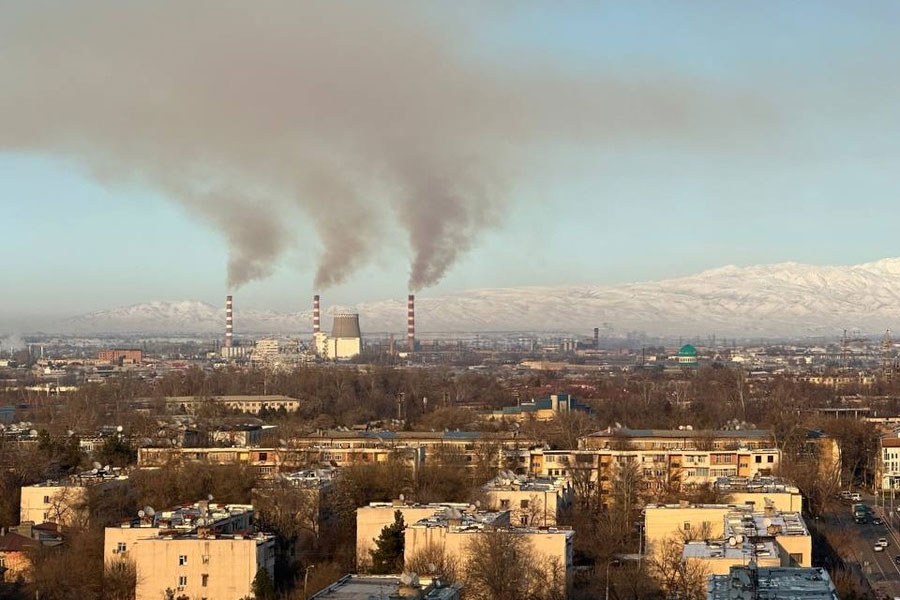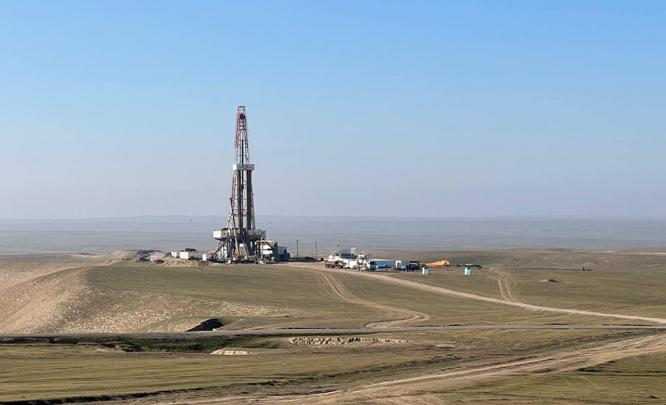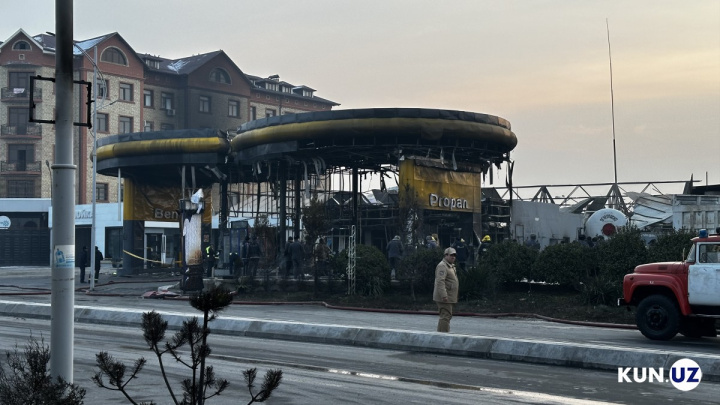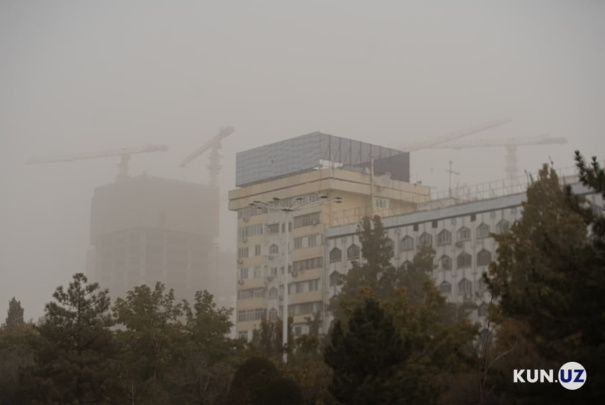Uzbekistan to ban fuel oil use in Tashkent starting 2030, tackling air pollution
The use of fuel oil in Tashkent and its surrounding areas will be banned starting from 2030, as part of Uzbekistan's efforts to combat air pollution and reduce environmental impact. Additionally, coal-powered greenhouses around the capital will be required to install filtration systems. A target has been set to reduce the frequency of severe dust storms by 50% by 2028 compared to current levels, and the gradual phase-out of fuels below the Euro-4 standard has been postponed until 2028. Air quality monitors are expected to be operational by 2026.

These measures were outlined in a presidential decree titled “On Primary Measures to Combat Dust Storms and Improve Air Quality” (Decree No. PQ-338, dated 24.09.2024), according to the Ministry of Justice.
The decree also approves a national program for 2024–2030 aimed at mitigating the effects of dust storms and reducing their occurrence. By introducing advanced technologies and expanding green coverage, the program aims to halve the frequency of severe dust storms by 2028.
From January 1, 2025, automated small stations will be installed in 12 districts of Tashkent to monitor air quality. By January 1, 2026, real-time pollution levels and meteorological data will be publicly displayed on special monitors in the capital.
The ban on fuel oil will apply to heating and power generation facilities located in Tashkent and adjacent areas of the Tashkent region starting in 2030.
To minimize the environmental impact of coal-burning greenhouses, over 1,200 greenhouses in the suburban districts of Tashkent will be equipped with dust and gas filtration systems. A subsidy mechanism will also be introduced to support the installation of these filters.
Between 2025 and 2030, "green belts" and "green parks" covering a total of 441 hectares will be created in Tashkent and its surrounding regions.
Furthermore, the sale and use of motor fuels that do not meet Euro-4 environmental standards will be gradually restricted starting in 2028.
On a regional scale, Uzbekistan plans to collaborate with other Central Asian countries to establish the Green Central Asia Fund and the Central Asia Climate Issues Center, which will serve as platforms for addressing environmental challenges in the region.
Related News

11:55 / 23.12.2024
Uzbekistan’s natural gas, oil, and gasoline production continues to decline

19:12 / 17.12.2024
Gas station explosion in Fergana claims one life, injures four

19:12 / 06.12.2024
Russia’s oil supply to Uzbekistan via Kazakhstan surges

15:31 / 05.12.2024



